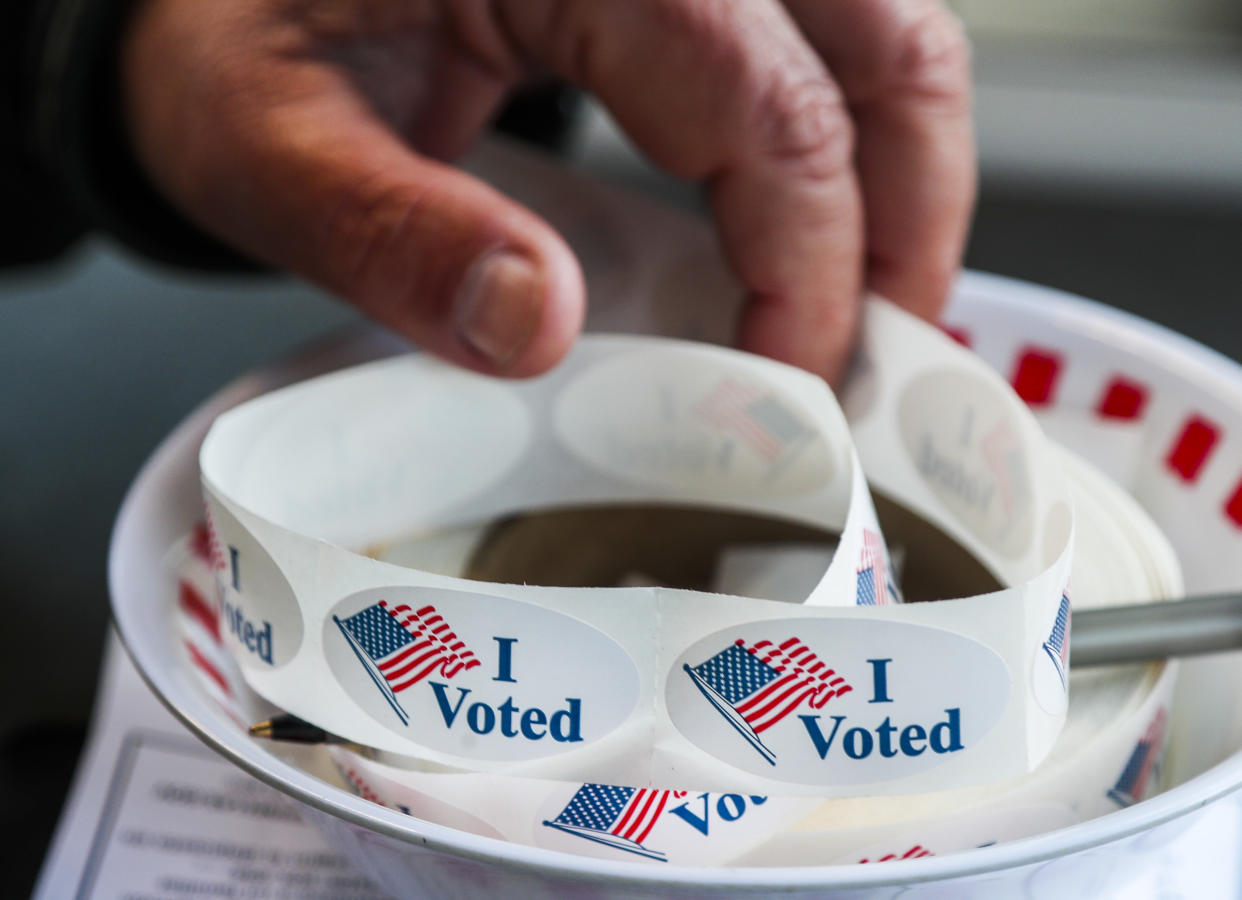Florida candidates called Bubba? Fighter? Gator? Shake? Maybe, maybe not.

Voters around Tampa Bay were expected to encounter some telling nicknames for candidates on the November ballot.
A Hillsborough School Board hopeful planned to run as Johnny “Principal” Bush because he’d been one. The incumbent countered that she’d get listed as Lynn “Teacher” Gray for the same reasons.
Hillsborough County Commission candidate Matthew “Matt The Welder” Taylor wanted that title included because he said it’s how he’s known both on social media and in person. Current incumbent candidates Henry “Shake” Washington, a Hillsborough School Board member, and Bob “Coach” Henriquez, Hillsborough’s property appraiser, each had run on their nicknames before.
No more. Those candidates and others just learned from the state that those nicknames won’t be showing up on the ballot.
Brad McVay, deputy secretary of state for legal affairs and election integrity at the Florida Department of State, clarified that position to Florida elections supervisors: Certain nicknames were misleading “and also clearly sloganeering,” he wrote in a recent email, and some of the language could connote “a position or belief” beyond a candidate’s general identity.
In Pinellas County, Joanne “Cookie” Kennedy’s nickname made the cut in a County Commission race. But Nelson Amador, a candidate for state representative out of Clearwater who hoped to run as Amaro Lionheart, did not. (Amador did not return calls for comment regarding the denial or the origin of the nickname.)
In Orlando, state attorney candidate Thomas Feiter (pronounced “fighter”), whose Orlando firm is called Fighter Law, planned to run with the nickname “Fighter” on the ballot. The state said no. Feiter says he’s been called that since he played high school sports and in the Army Reserve and that it’s how people know him. On his wall he has a framed document from the Florida Bar for his board certification as a criminal trial lawyer that includes the nickname “Fighter” in fancy script.
Feiter told the Tampa Bay Times he’s already filed an appeal with the Department of State and, if that doesn’t work, will seek remedy in the courts.
Washington, the local School Board incumbent, said he was a bit taken aback by the decision in his case. He’s been called Shake for more than 50 years, since his days playing basketball with his signature “stop-and-go move,” he said. The recording on his phone says, “Hello, Shake Washington, please leave me a message.” Some people don’t even know his real name is Henry, he said.
“I could see if I had Henry ‘Area Superintendent’ Washington,” he said. “My nickname doesn’t have an advantage.”
Henriquez, who has been a high school football coach, wasn’t sure what prompted the state’s interpretation this time.
“Clearly that can get out of hand,” he said of ballot nicknames. But he said “Coach” is how he’s known “when I’m out and about at the grocery store or anywhere else.”
Taylor said his “Matt the Welder” moniker is “in no way misleading to voters.”
“In fact it would be misleading to use my formal name that not many voters know me by,” he said via text.
Florida law allows including on the ballot “a bona fide nickname customarily related to the candidate and by which the candidate is commonly known.” A nickname can’t be used to mislead voters, constitute a political slogan or be profane, the law says.
Notably, not all nicknames got nixed.
In Putnam County, H.D. “Gator” DeLoach kept his on the ballot for sheriff, as did State Rep. Dianne “Ms. Dee” Hart in Hillsborough. In Liberty County, Robert “Dusty” Arnold is running for sheriff, and Dewayne “Bubba” Branch is a candidate for County Commission.
A spokesperson for the Department of State responded to specific questions from the Times regarding why some nicknames were denied and others were not by referring to a general directive from Florida’s Secretary of State.

